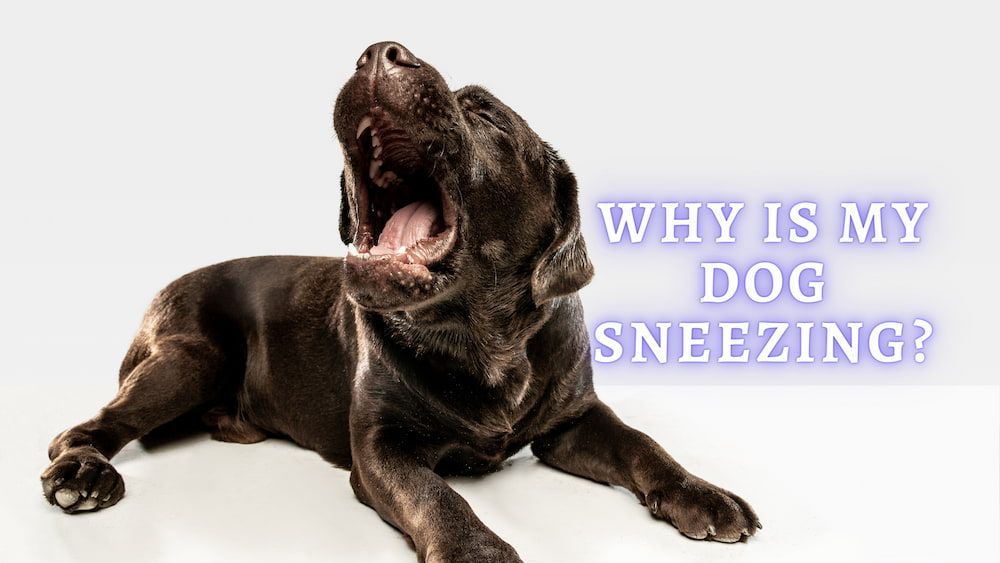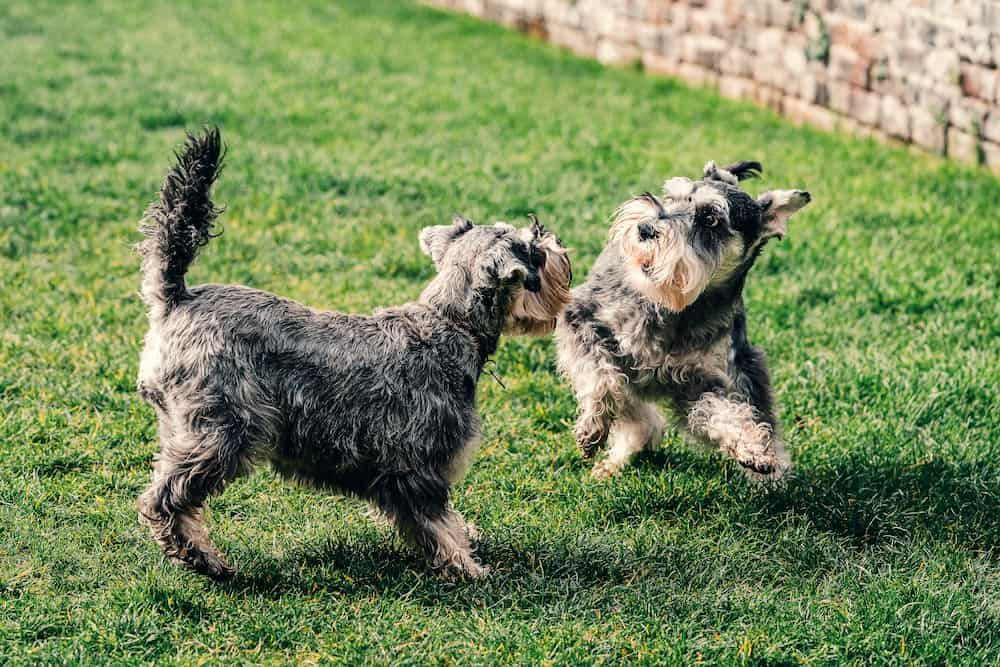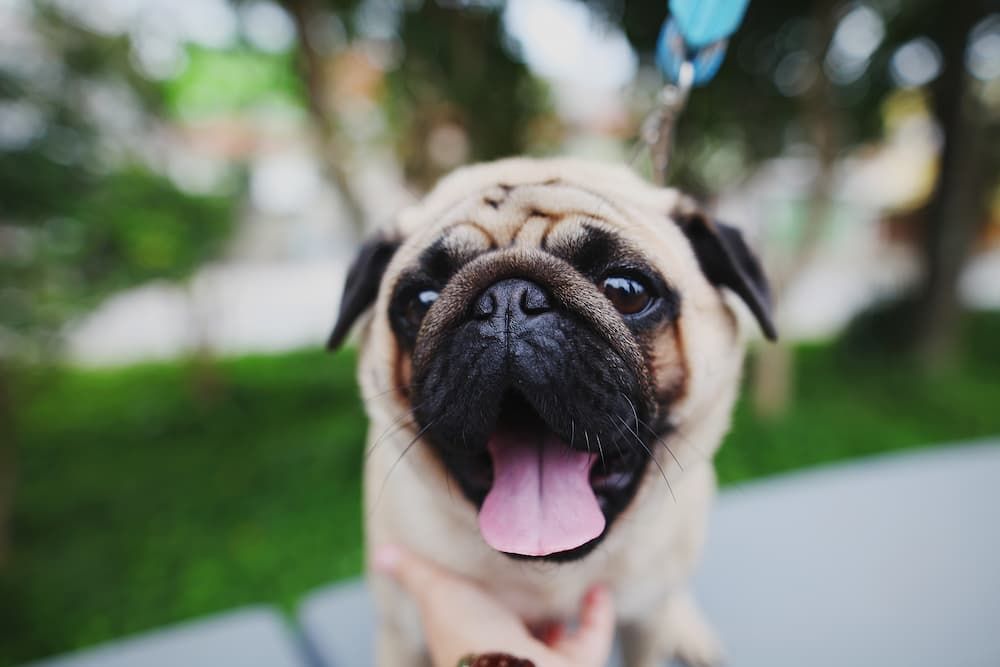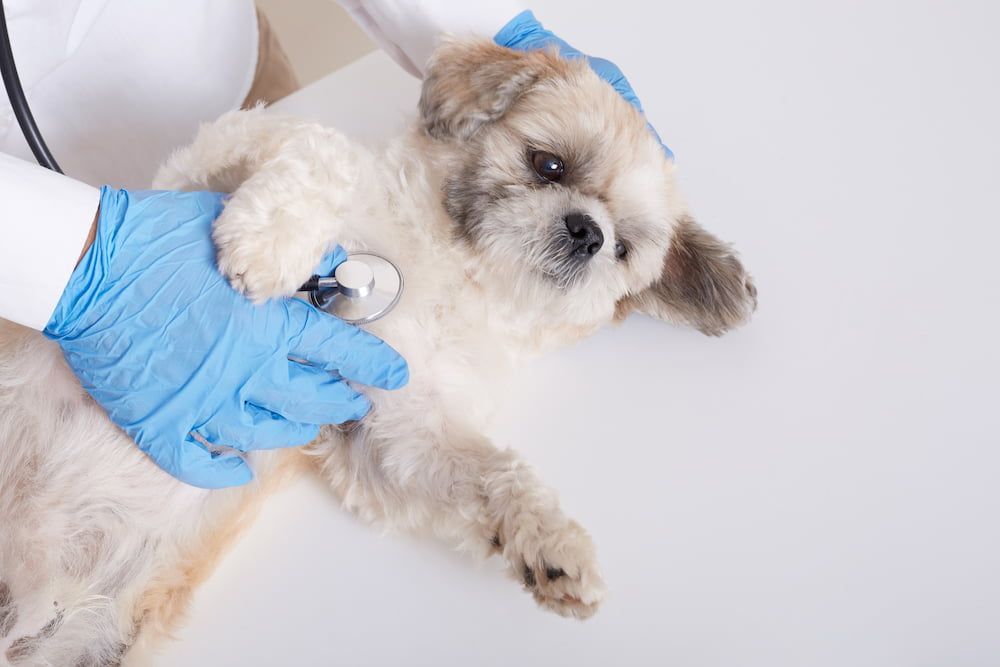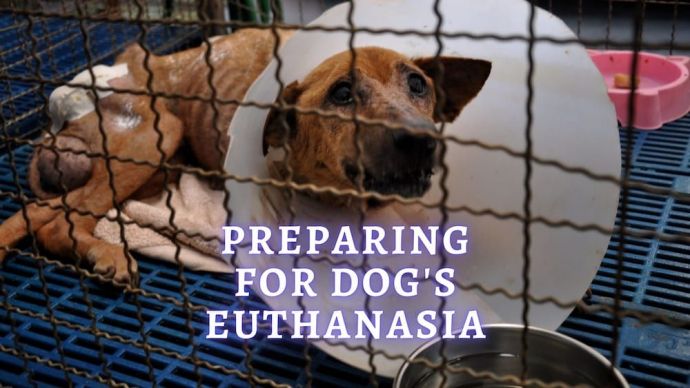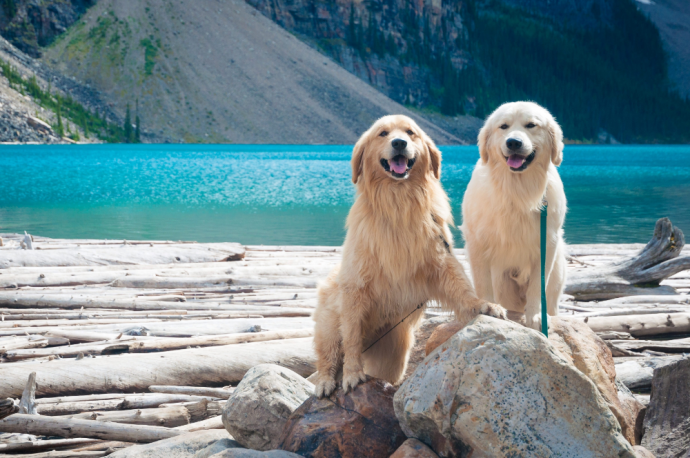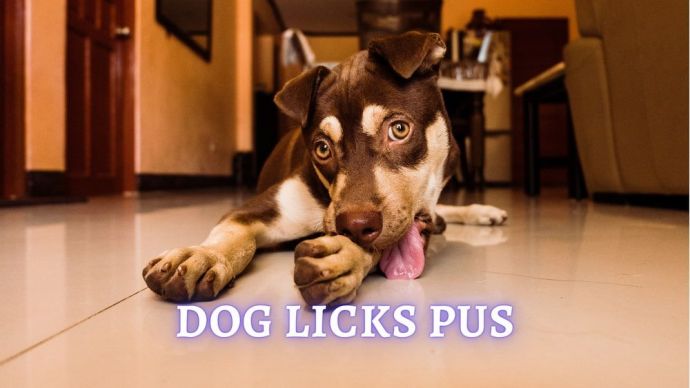Dog Sneezing: Why is My Dog Sneezing?
Written by:
Author: Carol Young
Carol has worked in specialty, emergency, mixed animal and general veterinary practices, and enjoys all aspects of veterinary medicine. Her special areas of interest include anesthesia, critical care, emergency, dentistry, internal medicine and small animal nutrition.
View all 62 articlesLearn about our editorial process and veterinary review board.
Viewed: 469
Updated on: 08/05/2021
Dogs often sneeze just like people do, and if you are a pet owner, you may be familiar with the occasional sneeze in your dog, especially if your pet has come into contact with an allergen or an irritant. This reflex is not usually a concern in dogs, but excessive reflex or one that won’t resolve may cause some concern. There are many reasons pets sneeze, and these include genetics, health, and environmental factors, and most of the time, this reflex in your dog is not a concern. However, it’s essential to know when to take your pet to the veterinarian.
This reflex occurs when an irritant, such as an allergen, foreign body, or other substance triggers a sudden blast of air or mucous from the nose and/or mouth. There are several reasons, and you may want to know how to tell the difference between the occasional sneeze versus an indicator of an underlying health condition. Below is a list of several things that can cause this reflex in your pet.
Reasons Why is your Dog Sneezing so much
1. Allergies
Like people, dogs can succumb to allergies, whether environmental, dietary or otherwise. In pets, allergies usually express themselves by itchy skin, scratching at the ears and belly, chewing between paw pads, weepy eyes, nasal discharge, and rhis reflex. This reflex in your dog can be a sign of an allergy, either to pollen, mold, or dust, and often occurs seasonally, such as in the spring or summer.
READ MORE: Best Dog Food for Skin Allergies
2. Reverse Sneezing
There is a phenomenon in pets called “reverse sneezing” that is a respiratory response to an irritant, inflammation, or excitement. Reverse sneezing in dogs sounds like multiple goose honks, and symptoms include rapid and sudden inhalations through the nose. Although reverse sneezing may sound like your pet cannot breathe, it typically resolves by itself, but you can help your pup by petting her and helping her to calm down. The cause of reverse reflex is not exactly understood, but some veterinarians think that is it caused by irritation at the back of the throat.
3. Sinus Infection
Sinus and upper respiratory infections can also cause dogs to do this, and these infections can be a result of bacterial or fungal growths within the sinus cavities. Sinus infections can also be caused by a dental or tooth abscess, and symptoms typically involve bloody or mucoid discharge from the nose, as well as lethargy or lack of appetite. A sinus infection can be very painful and uncomfortable for your pet, so if you suspect that your dog has a nasal infection, contact your veterinarian. Your veterinarian can do a complete physical exam, and determine the cause of the infection.
4. Excitement or Play this reflex
If you notice that your pet gets excited while playing and tends to sneeze, the reflex could be simply a sign of playfulness. When dogs get excited and are running around in play, especially with other pets, this reflex is often an indicator of submissive play behavior. In this way, this reflex is a signal to other pets that your best friend is feeling sociable and friendly.
READ MORE: Why Do Dogs Hiccups?
5. Irritants in the Air
Some pets are sensitive to irritants in the air, such as dust, odors from cleaning products, dirt, and pollen, causing them to sneeze. Irritants can get trapped in your dog’s nasal passages, throat, or pharynx, causing inflammation and sneezing. Many airborne irritants can cause this reflex, and the top irritants for pets include tobacco smoke, air fresheners, dust, and cleaning products. If you think that your pet is allergic to certain products, try to limit the use of these items, and perhaps invest in an air purifier.
6. Foreign Body
Sometimes dogs will get something stuck in their nasal passages, such as grass, hay, or small fibers of the fabric, causing irritation and inflammation. Blades of grass and foxtails are common foreign bodies that can cause this reflex in pets and can create continuous sneezing and discomfort. In most cases, nasal foreign bodies develop suddenly, and cause uncontrollable and repeated sneezing, especially if you and your pet have been on a walk or a hike. Your dog may also paw at her face and nose in an attempt to dislodge the foreign body. If you suspect that your pooch has something up her nose, contact your veterinarian and do not attempt to probe the nostrils or try to remove the object yourself.
7. Nasal Mites
Although uncommon, nasal mites can cause irritation and inflammation in your dog’s nasal passages. Nasal mites are tiny parasites that can cause severe nasal discomfort and this reflex. Nasal mites are usually contracted from soil and dirt deposits, and pets often get them when they dig, play or rub their noses in the soil. Symptoms of nasal mites include a thick mucoid or bloody discharge from the nose as well as sneezing.
8. Nasal Tumor
Nasal tumors can also cause this reflex in dogs, but they do typically occur in older pets over seven years of age. Symptoms include frequent sneezing and bleeding from one or both nostrils. [1] Tumors are often small growths that can cause inflammation and irritation to the nasal passages and can potentially destroy the turbinates (the passages and folds in the nasal passages). However, benign growths such as polyps or cysts can also cause irritation and this reflex. If you notice any type of bloody discharge from your dog’s nose, contact your veterinarian immediately.
When is a Sneeze, Not a Sneeze?
If your dog sounds like she is sneezing, she probably is, however, sometimes a pets sneeze isn’t a sneeze. As mentioned above, dogs can sneeze because they are excited and want to play, or they are reverse sneezing. This reflex in pets typically happens only occasionally, sounds like a sneeze, and should not interfere with breathing or normal respiratory function. If you are concerned about your dog’s sneezing and she is breathing abnormally, contact your veterinarian immediately. Any time a pet has a breathing problem is a medical emergency.
Are There Dog Breeds That More Prone to Sneezing?
When your pet sneezes, she is trying to get rid of irritants or a foreign body in her nasal passages. Dogs rely heavily on their sense of smell, and a pet’s nose is very sensitive and can easily be irritated by allergens as well as dust, pollen, and certain household cleaners. Short-faced, “brachycephalic” breeds such as Pugs, French Bulldogs and Pekingese can be more prone to this reflex as their nasal passages are very small and constricted. [2] If you have a short-nosed breed, be careful when exposing your best friend to potential nasal irritants.
Why Do Dogs Sneeze When Playing?
Dogs can sneeze when they get excited to go on a walk, or are playing with their owners or other dogs. This “play sneezing” is a sign to other pets that they want to play and have fun. As mentioned above, this is a submissive and playful behavior much like wagging a tail or other signs of wanting to play. You may notice that when you get the leash out or ask your dog if she wants to go on a walk, she’ll get excited and start to sneeze.
Other Symptoms and Consequences of Sneezing in Dogs
In some cases, this reflex in pets can cause several side effects, such as bloody discharge from one or both nostrils, coughing, and/or wheezing.
1. Dog Sneezing Blood
If your dog is sneezing blood, contact your veterinarian right away. This is not normal and can be a sign of an underlying health issue such as a foreign body, a bacterial or fungal infection, or a tumor.
2. Dog Sneezing and Coughing
If you notice that your pet is coughing and sneezing, and it will not resolve, contact your veterinarian. Kennel cough, or Bordetella, is a condition caused by a virus or a bacterial infection that can result in sneezing and coughing and is highly contagious to other unvaccinated pets.
3. Dog Sneezing and Wheezing
If your dog is sneezing and wheezing, it may be a result of allergies or respiratory issues. If you are concerned about this reflex and wheezing in your best friend, make an appointment with your veterinarian to rule out any medical issues.
When to Take a Sneezing Dog to the Vet?
Typically occasional this reflex in your pet shouldn’t be a concern, however, frequent sneezing that does not resolve by itself may be a sign of an underlying medical condition. Your dog may be suffering from allergies, and although allergies are not a serious threat to your dog’s health, they can cause this reflex, itching, skin irritation, and inflammation. If you notice any discharge, blood, swelling, lethargy, or a loss of appetite in your dog, contact your veterinarian the right way. While in most cases this reflex in your pet may not be cause for alarm, you may want to contact your veterinarian if you have any concerns.
FAQ
Why is my Dog sneezing so much all of a sudden?
Sometimes your dog may experience a sudden sneezing fit or episode, and this may be due to a foreign body such as a grass awn, an allergic reaction to a particular substance such as a household cleaner, dust, or pollen. If your dog is sneezing uncontrollably all of a sudden, it may resolve on itself, however, if it continues more than a few minutes, it’s recommended to contact your veterinarian. Your veterinarian may want to do an exam to determine the cause.
What should I do if my Dog keeps sneezing?
If your dog won’t stop sneezing, and you are concerned, call your veterinarian right away, especially if your dog is having difficulty breathing. Sometimes sneezing resolves by itself, and you can help your dog by petting her or trying to calm her. If this doesn’t work, you may have to take her to your veterinarian.
Should I be worried if my Dog is sneezing?
Typically sneezing in dogs is nothing to be worried about, and it will generally resolve on its own. However, if trying to calm your dog doesn’t work, and you are concerned, contact your veterinarian for an appointment.
What does it mean when your Dog sneezes?
Dogs sneeze for many reasons, including allergies, dust, particles in the air, and foreign bodies in the nasal passages. Dogs also sneeze when they are playful and excited. Sneezing in dogs is usually not a concern, but if you notice your best friend is sneezing more than normal or pawing at her face, she may be experiencing some irritation and inflammation, in which case you may want to contact your veterinarian.
Article Sources:
- Holt, D. E., and M. H. Goldschmidt. “Nasal Polyps in Dogs: Five Cases (2005 to 2011).” Wiley Online Library, 2 Dec. 2011, onlinelibrary.wiley.com/doi/abs/10.1111/j.1748-5827.2011.01152.x.
- Meola, Stacy D. “Brachycephalic Airway Syndrome.” ScienceDirect, sciencedirect.com/science/article/abs/pii/S1938973613000548.
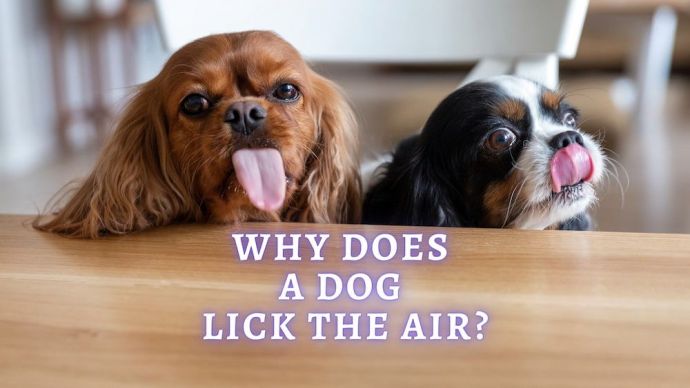 Dog Care Why Does My Dog Lick The Air? Health and Behavior Reasons for Dog Licking Air and How to Stop It
Dog Care Why Does My Dog Lick The Air? Health and Behavior Reasons for Dog Licking Air and How to Stop It - 143
- 0
 Dog Veterinary Tips Why is my Dog throwing up: Causes and Preventing (Veterinary Advice)
Dog Veterinary Tips Why is my Dog throwing up: Causes and Preventing (Veterinary Advice) - 23424
- 5
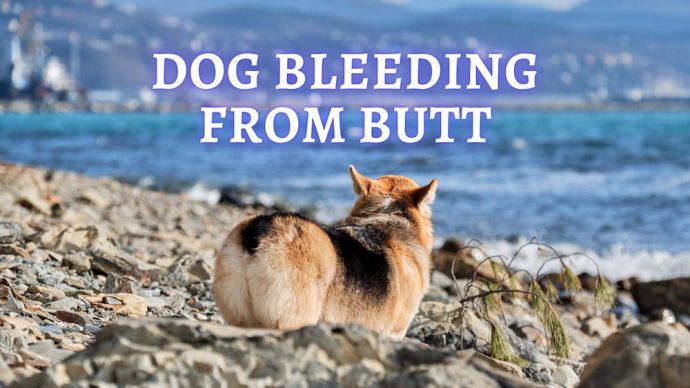 Dog Care Why Is My Dog Bleeding From Its Butt? Causes and treatment of rectal bleeding in the dog
Dog Care Why Is My Dog Bleeding From Its Butt? Causes and treatment of rectal bleeding in the dog - 22076
- 0
 Dog Care My Dog Keeps Scratching His Mouth: Reasons Why Your Dog Scratching Face
Dog Care My Dog Keeps Scratching His Mouth: Reasons Why Your Dog Scratching Face - 17561
- 1









